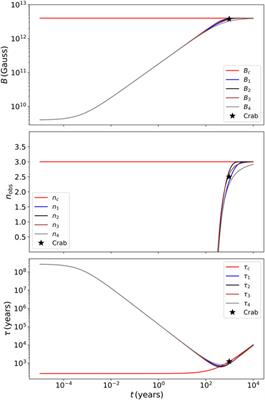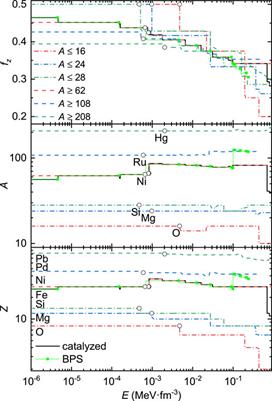ORIGINAL RESEARCH
Published on 08 Oct 2024
Search for thermonuclear burst oscillations in the Swift/BAT data set
doi 10.3389/fspas.2024.1477677
- 558 views
1,153
Total downloads
7,786
Total views and downloads
ORIGINAL RESEARCH
Published on 08 Oct 2024
REVIEW
Published on 21 Aug 2024
ORIGINAL RESEARCH
Published on 23 Jul 2024
BRIEF RESEARCH REPORT
Published on 04 Jun 2024

ORIGINAL RESEARCH
Published on 18 Dec 2023

